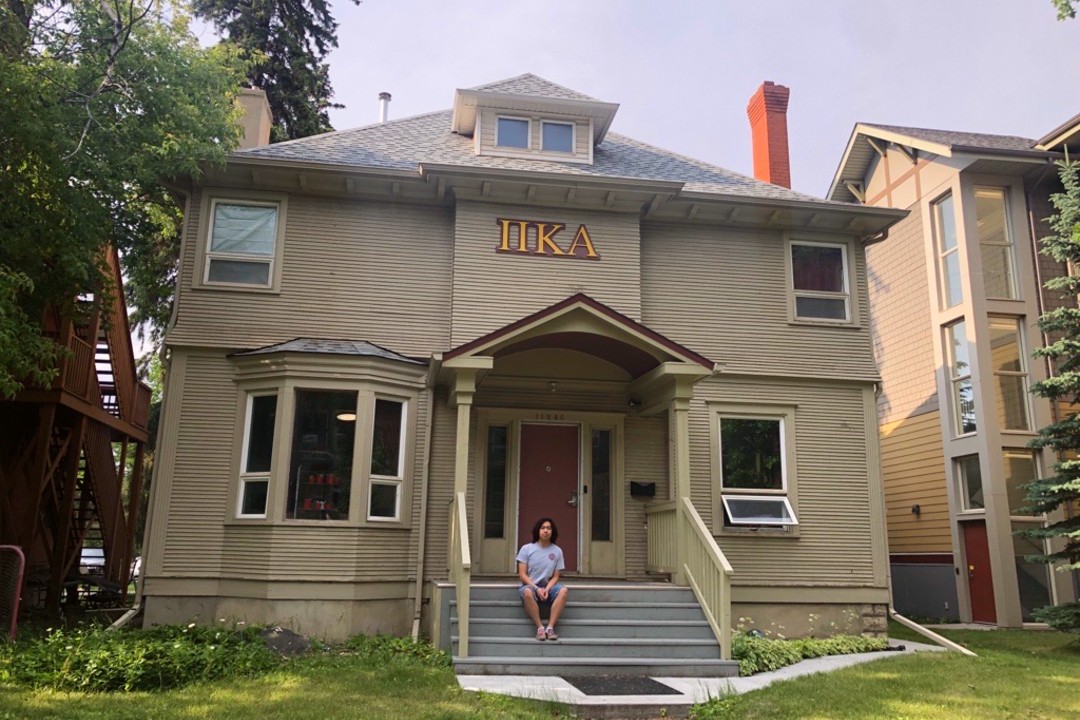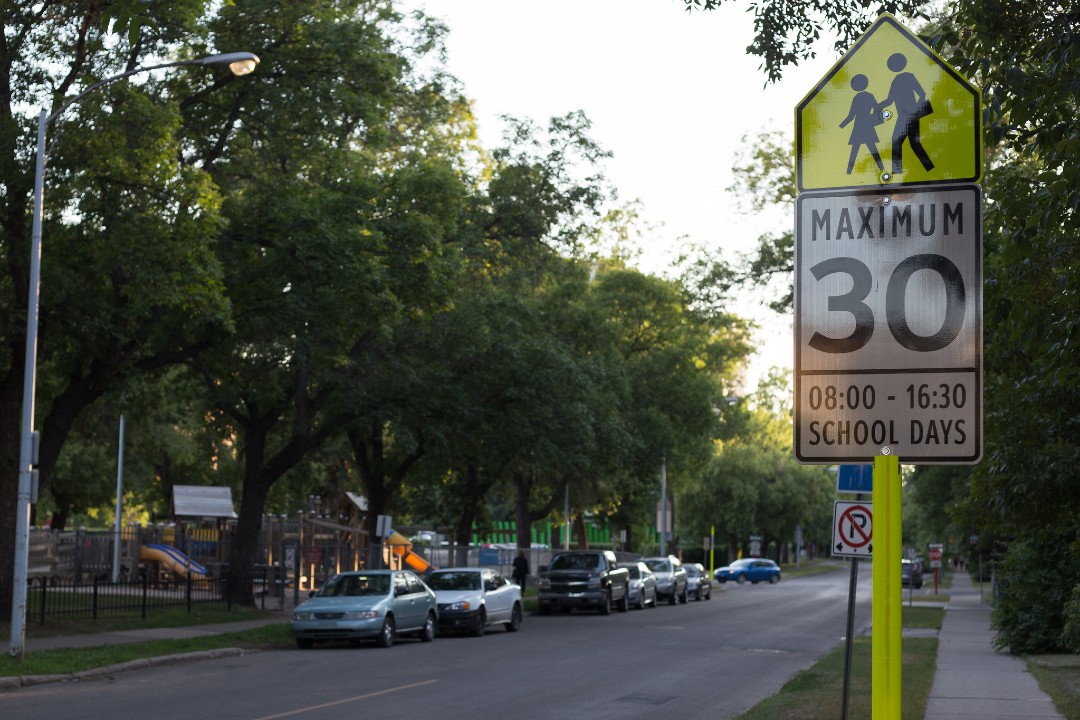
Frats and sororities, evicted by U of A, struggle to find housing in Garneau
Fraternities and sororities at the University of Alberta are struggling to find housing that is affordable and has adequate space for communal living after learning the school will be ending their rental agreements as of August 2026.
As first reported in The Gateway, the university is ending rental agreements with the seven Greek organizations that rent university-owned buildings. Geoff Rode told Taproot the organizations were given a one-year extension on their leases until the end of August 2026. About 27 students will be required to move, Rode said.
"It's hard to see it go," Thaddeus Ma, president of the Interfraternal Council and a member of Pi Kappa Alpha, told Taproot. "There's a lot of history within these houses, and we want to continue that."
Alpha Psi Sorority, Delta Chi Fraternity, KORE Women's Fraternity, Pi Kappa Alpha Fraternity, Zeta Psi Fraternity, Alpha Gamma Delta, and Pi Beta Phi are the organizations that have to move. The other Greek organizations at the university already have housing off of the campus, and it's not unheard of to have fraternities located off-campus at post-secondaries across North America, Ma said. But it's been hard to find a place to move in the area because fraternities require a large single-family house with plenty of bedrooms.
"It's been a struggle, and I know some of the (organizations) are not in (a) financial place to purchase property off campus, being that Garneau is a very expensive community," Ma said, adding that many houses that go on the market can be priced as high as $1.4 million and only have two bedrooms. "Like, I respect the hustle, right? (The houses are) by the university, fair enough, but it's becoming very difficult to find affordable housing within the area ... So we've been exploring other options. I know a lot of the organizations have been reaching out, trying to talk to some developers."
The university told Taproot that students living in the affected houses pay between $700 and $950 in monthly rent. Meanwhile, the average rent for a one-bedroom apartment in Edmonton was $1,336 in May, according to a Rentals.ca report.
Ma said losing below-market housing in future semesters has made things "a lot more stressful on a lot of our members. Whether it be moving further off-campus to be able to afford rent... it's hard living in the area because of the high prices, but we're doing our best."
The university is ending the rental agreements because the cost of maintaining the buildings has become unsustainable, Rode said. "For us to be able to sustain them financially to the standards that we want for our students, we're unable to do that because of the age and the condition of the buildings," he said. Rode said the university is working with the organizations to find alternate housing on campus, like one of the six-bedroom townhouses it rents. As for the future of the houses, Rode said they will not be rented as residential properties. He did not comment on whether they will be demolished after the students move out. "We don't have specific plans as to how the properties might be divested going forward."
Ma said Greek organizations have seen a decline in membership since the COVID-19 pandemic, due in part to negative media portrayals. But he said he hopes Greek life is still able to prosper after it loses its space on campus. "Am I concerned that we may see a fall in membership with this crisis? Yes. Am I hopeful, and do I believe that we have a strong team of presidents working behind us to maintain and hopefully exceed our expectations on the culture and keeping the Greek community alive? I believe so."







